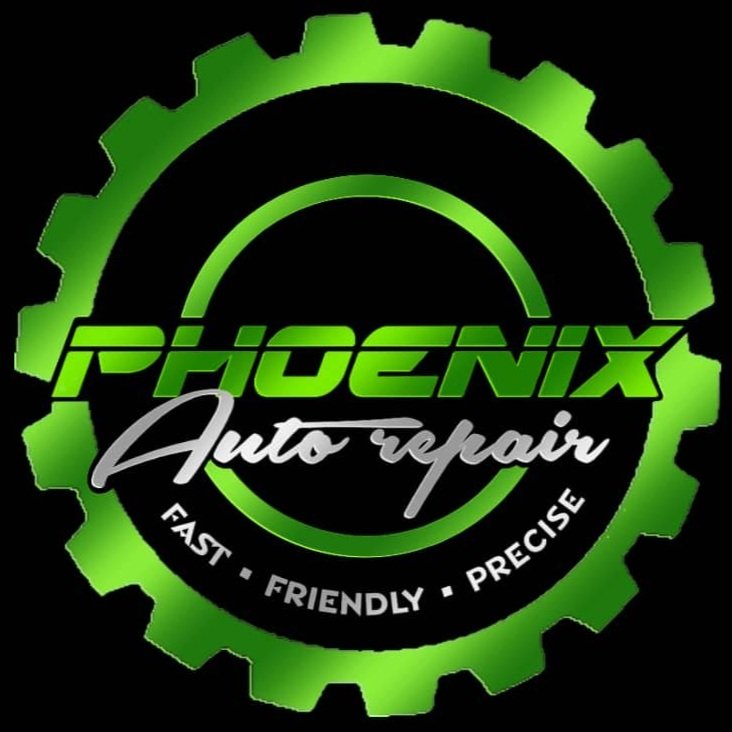Perhaps, your car has been a faithful companion for years, but lately, it may seem like it's been spending more time at the repair shop than on the road. While regular maintenance is essential to keep any vehicle running smoothly, there comes a point when repairs start to outweigh the car's value. We answer the question about what can make a car repair not worth the cost and discuss when it might be time to say goodbye to your old vehicle.
Age and Mileage
The first factor to consider when assessing whether a car repair is worth it is the car's age and mileage. As vehicles age, they naturally require more maintenance and are prone to various issues. Additionally, as mileage climbs, the wear and tear on crucial components, such as the engine and transmission, becomes more significant.
One of the primary considerations when deciding whether to repair your car is the repair cost relative to the car's current market value. If the cost of the repair is approaching or exceeding the car's value, it may not be financially prudent to proceed with the repair.
Repair Cost vs. Car Value
For example, if your car is worth $3,000, and the repair estimate is $2,500, you're investing almost as much in the repair as the car's total value. In such cases, it may be wiser to put that repair money toward a down payment on a more reliable vehicle.
Frequency of Repairs
Another factor to consider is the frequency of repairs. If you find yourself visiting the repair shop every few months for a new issue, it's a sign that your car may be reaching the end of its serviceable life. Frequent breakdowns not only cost money but also lead to frustration and inconvenience.
Safety Concerns
Safety should always be a top priority when deciding whether to repair or replace a vehicle. If the needed repair affects critical safety features such as brakes, airbags, or steering, it's essential to address it promptly. However, if multiple safety-related repairs are piling up, it might be safer to invest in a newer, more reliable vehicle.
Emission Standards
Depending on where you live, your car may need to meet certain emission standards to pass inspections and be legally driven on the road. Older vehicles may struggle to meet these standards, leading to costly repairs or retrofits to comply with regulations. If your car consistently fails emissions tests, it may be more cost-effective to upgrade to a cleaner, more efficient vehicle.
Declining Fuel Efficiency
As vehicles age, their fuel efficiency often decreases. If your car is becoming a gas guzzler and you're spending significantly more on fuel than before, it could be a sign that the engine, transmission, or other essential components are no longer operating efficiently. In such cases, you may save money in the long run by replacing the vehicle with a more fuel-efficient model.
Opportunity Cost
Consider what else you could do with the money you'd spend on repairs. Could you put it toward a newer car with better reliability, fuel efficiency, and safety features? Sometimes, the opportunity cost of pouring money into an old car can outweigh the benefit of keeping it running.
Overall Condition
Assess the overall condition of your car. If it has extensive rust, a crumbling frame, or multiple areas requiring repair, it may not be worth fixing. These structural issues can compromise the car's safety and longevity, making it a liability on the road.
Future Resale Value
If you're planning to sell your car shortly, consider how the needed repair will affect its resale value. Some repairs, while costly, can significantly increase a car's value. However, if the repair isn't likely to enhance the car's resale price, it might be more sensible to sell it as-is or trade it in for a newer model.
Emotional Attachment
It's not uncommon for car owners to form emotional attachments to their vehicles, especially if they've had them for a long time. While sentimentality is valid, it shouldn't be the sole factor influencing your decision. Weigh the emotional attachment against practical considerations to make an informed choice.
When to Consider Repairing
While there are clear instances when repairing a car may not be worth it, several scenarios suggest that fixing your vehicle can be the more sensible choice. If the repair is relatively minor and significantly cheaper than the car's value, it's likely worth going ahead with the repair.
For newer vehicles with low mileage and a strong market value, even moderately expensive repairs can make financial sense. Be sure to take into account the nature of the repair! Age-related damage can speak to different problems with your vehicle than, say, damage from an accident.
Overall, regular maintenance and addressing minor issues promptly can prolong a car's life and help you avoid more significant repair costs down the road. If you own a specialty or classic car with sentimental or collectible value, investing in repairs to maintain its originality can be justified.
Choose Phoenix Auto Repair Nashville
Determining whether a car repair is worth it involves careful consideration of factors like repair cost, the car's age and mileage, safety concerns, and overall condition. While it can be difficult to part with a beloved vehicle, sometimes the most financially prudent decision is to move on to a newer, more reliable car.
When faced with this choice, weigh the pros and cons, and consult with a trusted mechanic like us here at Phoenix Auto Repair in Nashville, Tennessee. We will help you better understand the trouble with your vehicle to make a decision that aligns with your budget and transportation needs. Give us a call today at 615-866-9199 for more information.

